From Hillsdale College:
November 4, 2011
12:00 PM - 1:00 PM
The Kirby Center John Fortier is director of the Democracy Project at the Bipartisan Policy Center. Previously he was a research fellow at the American Enterprise Institute, where he also served as the principal contributor to the AEI-Brookings Election Reform Project and the executive director of the Continuity of Government Commission. His books include After the People Vote: A Guide to the Electoral College, and he has been a regular columnist for The Hill and Politico. He received his B.A. from Georgetown University, his Ph.D. in political science from Boston College, and has taught at Harvard University, the University of Pennsylvania, and the University of Delaware.
John Fortier is director of the Democracy Project at the Bipartisan Policy Center. Previously he was a research fellow at the American Enterprise Institute, where he also served as the principal contributor to the AEI-Brookings Election Reform Project and the executive director of the Continuity of Government Commission. His books include After the People Vote: A Guide to the Electoral College, and he has been a regular columnist for The Hill and Politico. He received his B.A. from Georgetown University, his Ph.D. in political science from Boston College, and has taught at Harvard University, the University of Pennsylvania, and the University of Delaware.
First Principles on First Fridays
“Is the Electoral College Outdated?”
John Fortier
Bipartisan Policy Center
Bipartisan Policy Center
November 4, 2011
12:00 PM - 1:00 PM
The Kirby Center
Proponents of ending or bypassing the Electoral College say that the Founders' mode of presidential selection is outdated. With the National Popular Vote gaining momentum, the Electoral College is once again under serious attack. What would the success of this movement mean?
.gif)
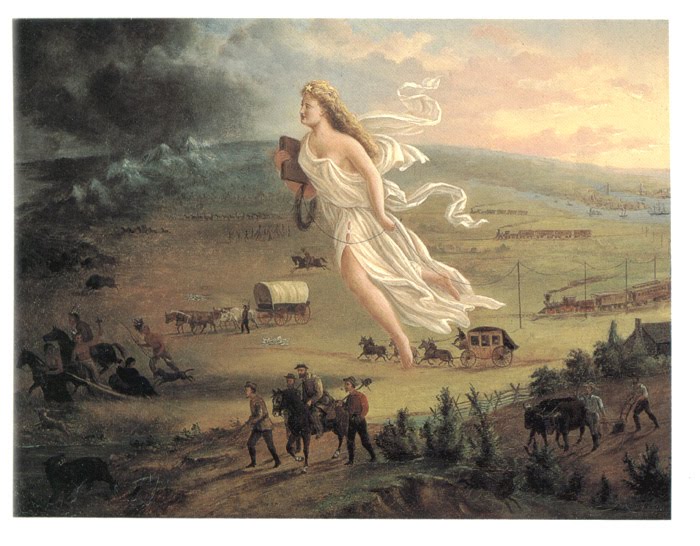

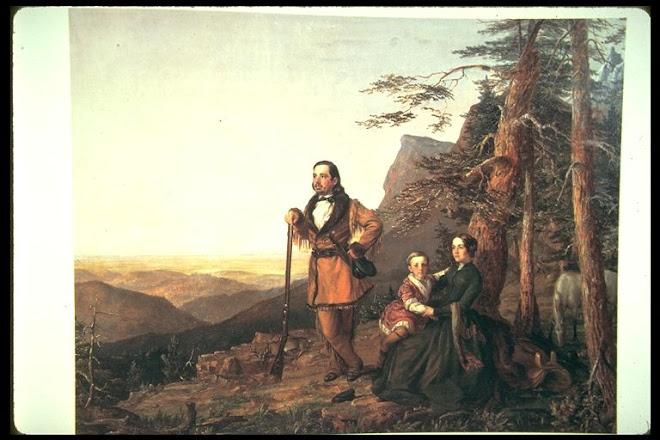


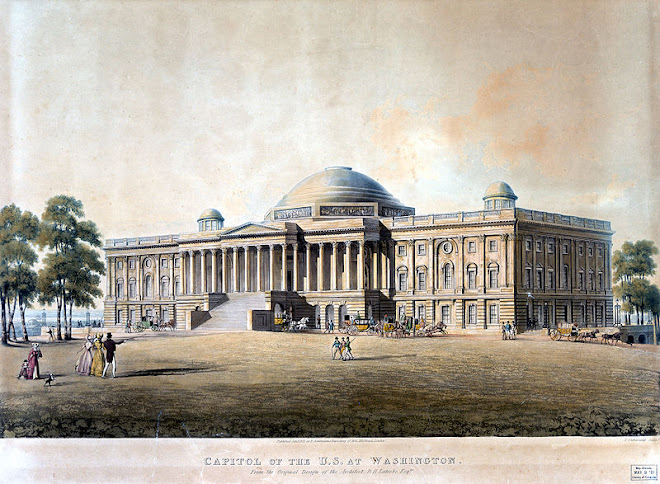


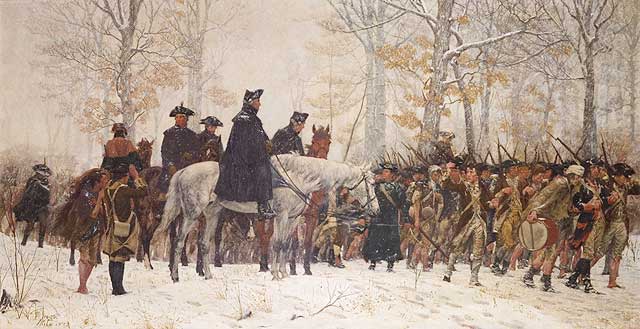
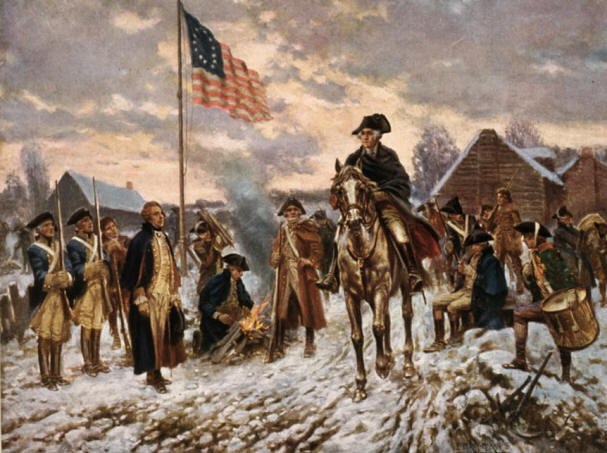
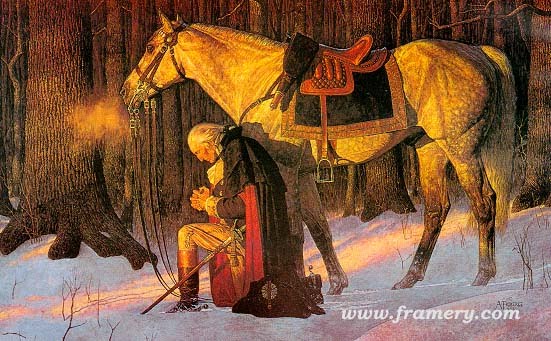

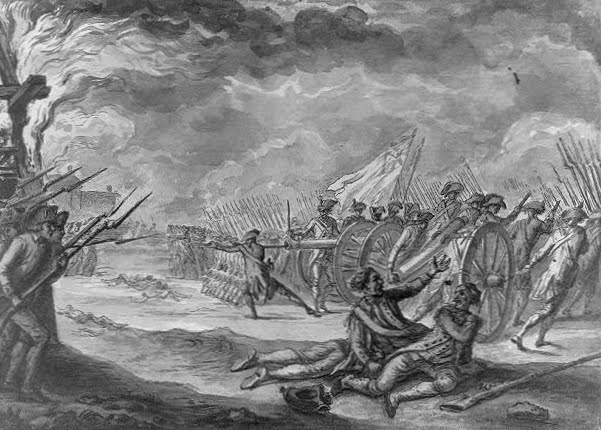











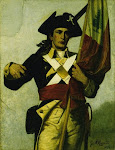





No comments:
Post a Comment